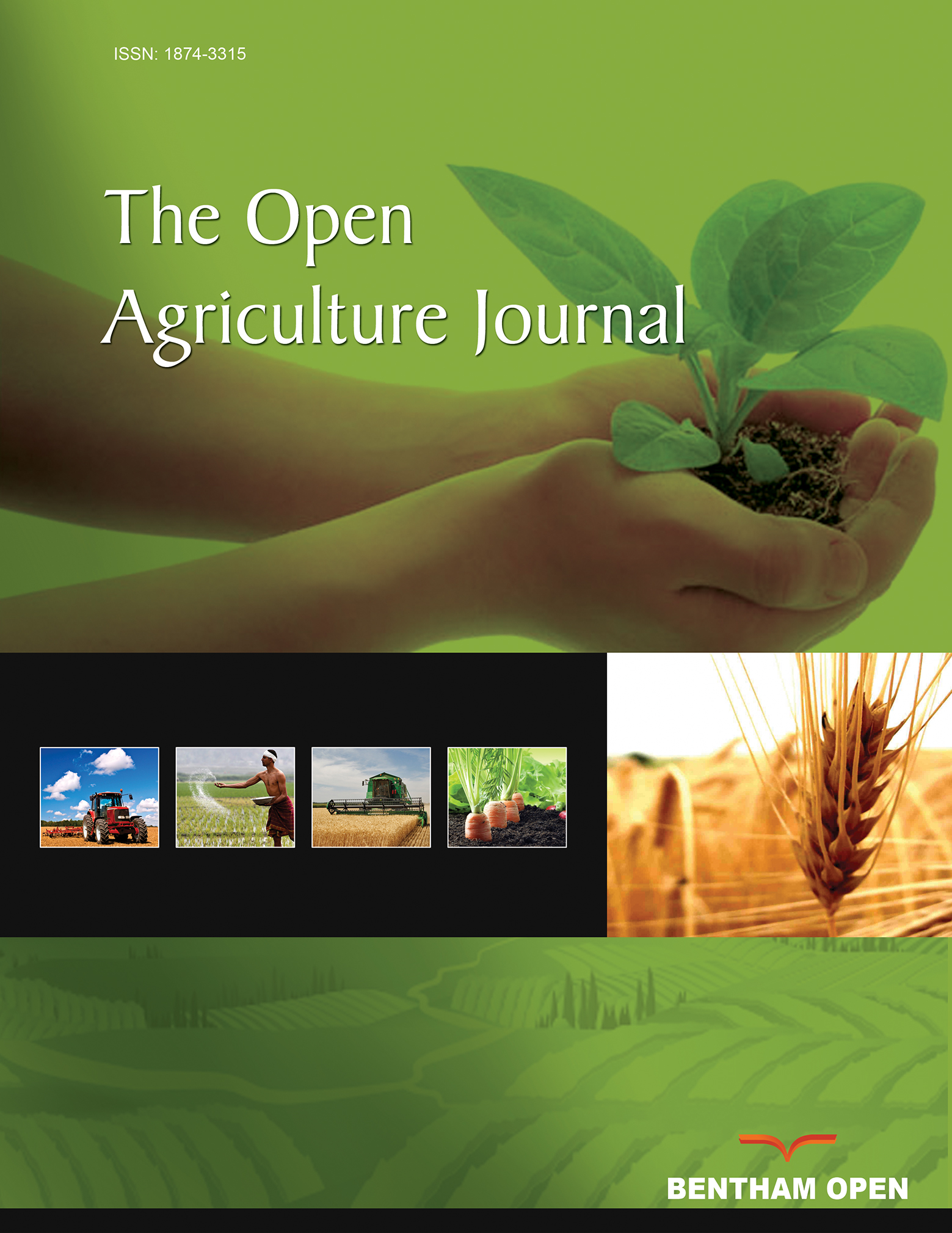All published articles of this journal are available on ScienceDirect.
Planting Date Recommendation for Chili and Tomato Based on Economic Value Prediction of Agricultural Commodities
Abstract
Introduction:
Chili and tomato are a type of fruit vegetable plant that is very often consumed by Indonesians in their daily diet. Fluctuating commodity prices are causing anxiety among consumers, especially farmers. The price of these commodities, especially chilies, has become a major concern for the Indonesian government. Price changes occur due to several factors: product quality, market demand, and production costs. The quality of the product is determined by the growth process of the commodity. If the selling price is influenced by product quality and product quality is influenced by weather, then there is an indirect correlation between price and weather.
Material and Method:
In this study, the selling price of chilies and tomatoes was predicted using a modified Artificial Neural Network algorithm, optimized by a Nested Genetic algorithm.
Results:
The results were then classified to obtain economic price and planting recommendations. The price is said to be economic in value if the selling price is greater than the cost of production. Farmers can use planting recommendations to decide the right planting period, so that there is no harvest failure. In addition, using this information, farmers will not suffer from losses due to selling prices that cannot cover production costs.
Conclusion:
The results obtained from this experiment show that there is a match of the values of economic price and planting date recommendation for chilies and tomatoes, with an accuracy of 81% and 100%, respectively.


